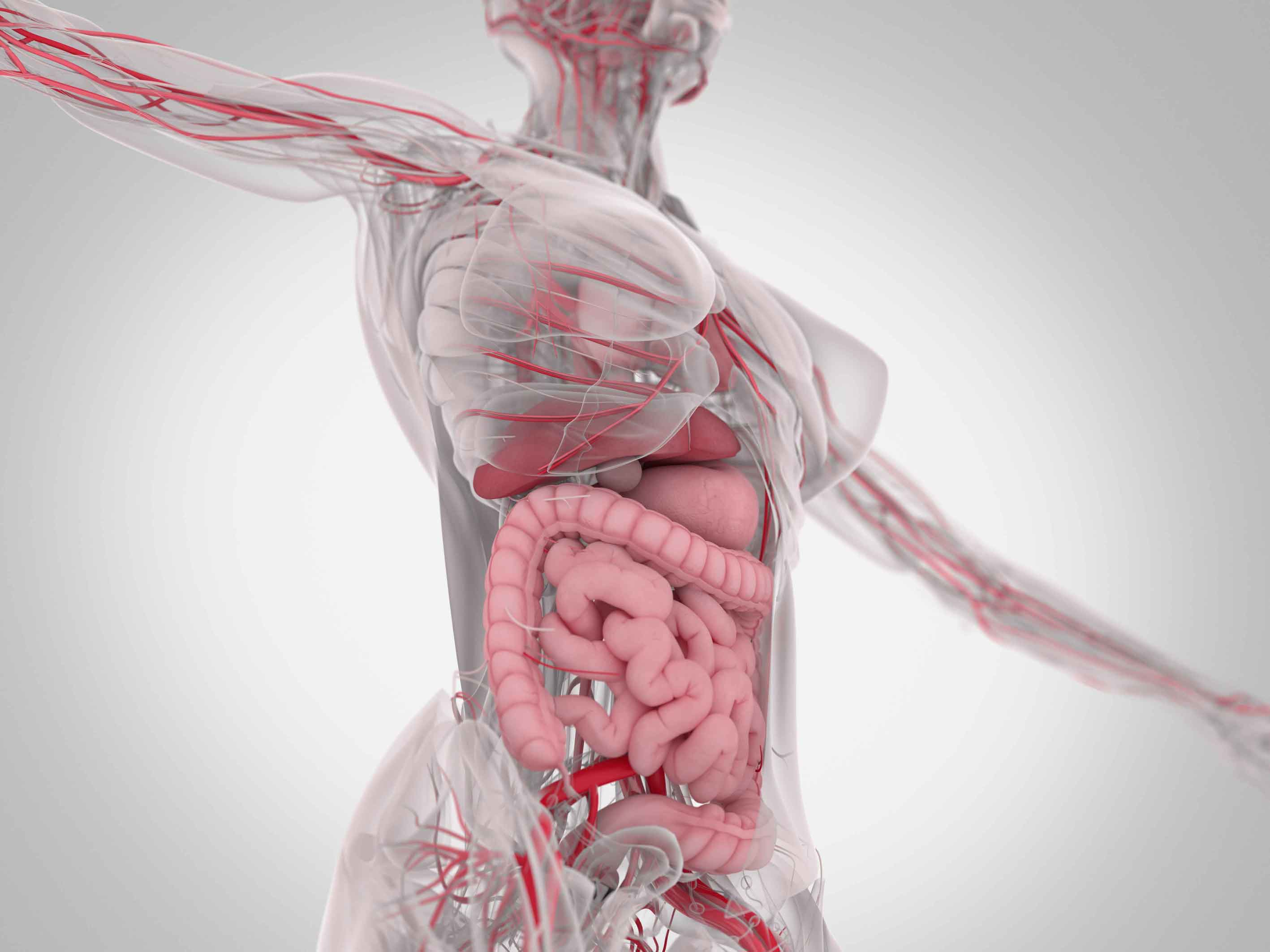I am taking a break over the holidays. For the next four weeks, I will be republishing a few of my favourite blogs.
We have always known that our mood affects our guts. My anxious patients complain of diarrhoea and my depressed patients of constipation.
I could never have imagined how much of a role the gut microbiota plays in communicating with the brain and modulating behavior. I never took “gut feeling” literally!
Our gut, the small intestine and the large intestine, is filled with over a kilogram of bacteria, the gut microbiota. That’s almost the weight of an average brain. These bacteria carry more than a hundred times the genes of the human genome. It is comprised of 150 common bacteria and thousands of less common bacteria.
In 2011 McMaster University in Canada started doing interesting experiments with mice. They bred bacteria-free mice and started transplanting gut microbiota between mice. (Gut microbiota, by the way, is essentially poop.) They had fascinating results. Shy mice became adventurous when they got the gut microbiota of adventurous mice and vice versa. Normal mice became anxious when they had the gut microbiota of anxious mice implanted.
But men are not mice.
So scientists started studying human poop. America has the Human Microbiome Project and Europe has the New Gut Project. New research results are changing the way we think about medicine, health and illness prevention.
One such trial has not been published yet. It is fresh from the lab. It was presented at last year’s European College of Neuropsychopharmacology (ECNP) congress, which I was privileged to attend. In this trial, they showed images to obese people with balanced microbiota and the same images to obese people with unbalanced microbiota (that is, microbiomes with a predominance of a few bacteria as opposed to diverse bacteria populations.) They monitored their brain activity with EEG’s and neuroimaging while they showed them these images. The images were highly evocative, of sex and violence, and mundane, of flowers and buildings. They also flashed images of junk food- burgers, chips, sweets in between all the other images. The obese people with unbalanced microbiota showed the same levels of arousal for junk food as for sex. The obese people with balanced microbiota did not find the junk food images evocative. When the vagus nerve (one of the main pathways of communication between brain and gut) was blocked, these differences in response disappeared.
These early results are fascinating. But although I’m sure that Big Pharma are working on “psychobiota”, it seems that humans are far more complicated than mice. The results of transplanting healthy biota into an obese gut and expect weight loss have not been impressive. It also does not work to take a whole load of antibiotics to kill off the microbiota, then top up with probiotics.
The system seems more dynamic than that. What does seem to work to build up a healthy gut biome is this:
- stay away from antimicrobial soaps and gels. Washing hands is important; antiseptic soaps might do more harm than good
- eat vegetables and fruit. Plant fibre is so good for gut bacteria that it is also referred to as “prebiotics”
- avoid sugar and processed food
- have a diverse and varied diet. This makes for diverse microbiota which is most robust to travelling, illnesses and inflammation
- Fermented foods- yummy kimchi, yoghurt where live cultures have been added
- play in the dirt, let your dog lick you, the 5 second rule is in again (If your food falls on the floor, you have 5 seconds to pick it up. Within reason of course: a clean kitchen floor- not the airport loos)





3 Comments
Thanks for the clip again. It really compliments your post.
One thing that drives me crazy is trying to explain to family and friends why they should NOT use antibacterial soaps like Potex or Dettol. For them the idea of clean equals dead germs. I have never succeed in convincing them that healthy skin and gut equals healthy good skin and gut flora. Another idea that I only sometimes manage to convey is that antibiotics will not make your cold or other viral infections get better. In fact they make them worse by killing off all your healthy gut flora and leaving it prone to be colonised by nasty bugs. Hence the need for a good probiotic after your antibiotic if you are going to wipe out all your gut flora.
In a similar vein, many stores are encouraging people to use hand sanitisers rather than wash hands because of the drought. I shudder to think about what bug resistance we are going to build up.
I suppose if one wants to take in the most encompassing picture of what we put in our bodies one has to look beyond the microbiome via the point of sale and distribution networks and back to the commercial farms. How many of us have taken the effort to find out where our food comes from and how it is cultivated, reared and dispatched. Do we know what agrichemicals and insecticide have been applied and whether they degrade before they reach us? For those who eat meat (and I am not one of them) do we know what synthetic growth hormones and antibiotics have been literally added to the heard’s feed and how much remains in their flesh by the time it lands on the plate?
My nephew believes that burgers come from Pic ‘n Pay and Chicken pops come from KFC and that is good enough for him. His 12 year old sister however has dug deeper and has realigned her diet in accordance with her findings – all without pressure from me, (I have only given factual answers when confronted with direct questions.)
Don’t be fooled by some supermarkets who tell you they never buy from farms who use such and such a bovine growth factor because the ones they buy from just use others. Also the term free range is used very loosely: If you shove 2 million birss into an open yard then technically that is free range.